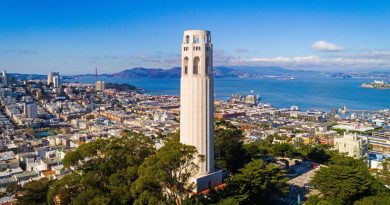But Why Zambian Safaris and Tourism?
Because Zambian safaris are Africa’s best-kept secrets! They’ve made Zambia the most enticing destination in African safari today.
Livingstone in Zambia is now acclaimed, and rightly so, the Southern Africa Adventure Centre!
The World Tourism Organisation (WTO) has ranked Zambia as Africa’s No 1 emerging tourist destination.
The UK 2004 Trends and Spends Survey also awarded Zambia the No 10 ranking in the “best long-haul destinations”. At No 10 Zambia is the only other African country in the top ten ranking
Zambia, the Land
Covering a total surface area of 752,614 square kilometers, Zambia is a large country. It is slightly larger than Texas State in the USA or slightly larger than France and Belgium combined. Zambia is generally a high plateau averaging
between 1,060 meters (3,500 ft) and 1,363 meters (4,500 ft) above sea level. This makes the country’s weather mild and pleasant.
Zambia’s water surface is 11,890 square kilometers equivalent to 2% of the land surface. The water bodies are mainly from the three natural lakes in northern Zambia. The fourth is in the south, the exciting man-made Lake Kariba. When commissioned in 1957 Lake Kariba was the largest man-made lake in the world. It measures 280 kilometers long and 40 kilometers at its widest.
Zambia, the People
There are over 73 dialects spoken in Zambia, but the official language is English. All media and business is in English and most Zambians speak it fairly well. Out of the
73 ethnic groups (tribes) 20 celebrate special cultural ceremonies on an annual basis. These manifest customs, social life, rituals, oral history, material and spiritual
culture. Visitors are welcome to watch these ceremonies.
During these traditional ceremonies, the music and dance characterize quiet beauty, bustle, bounding life, or brimming joy. The emphasis will vary from breathless acrobatic spectacle amid propulsive drumming to fine subtleties of sound and movement.
There is freedom of worship in Zambia with over 15 different churches. However, 60% of Zambians follow the Christian faith.
Zambia, the Natural Resources
Zambia has 19 national parks and 34 game management areas. The parks alone cover 47,662 square kilometers. This accounts for 6% of Zambian land. Some game reserves are privately owned while the major ones are state-controlled. Zambia has
a wide variety and a large profusion of wildlife, both large and small and including over 741 bird species.
Apart from its abundant wildlife in parks and reserves, rivers, and lakes, Zambia holds 6% of the world’s copper reserves. It also has world-class quality emeralds,
aquamarines, amethyst, and tourmalines.
Vegetation is savannah type with lots of trees varying in density. The climate makes Zambia suitable for a wide range of farming crops. Vegetables and fruits such as
citrus, bananas, pineapples, mangoes, and avocadoes, all grow everywhere.
Zambia, the Climate
Although Zambia lies in the tropics, the general height of the plateau ensures that the climate is seldom unpleasantly hot, except in the valleys. There are three seasons: the cool, dry winter season from May to September; the hot, dry season in October and November; and the rainy season, which is a little hotter, from December to April.
Find out why Zambia’s tourism is Africa’s best-kept secret.



